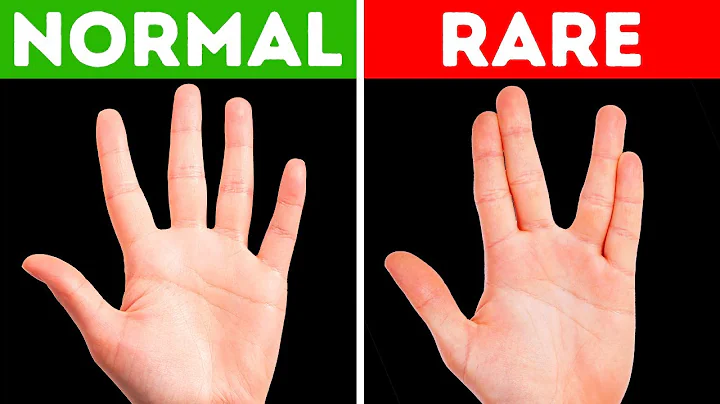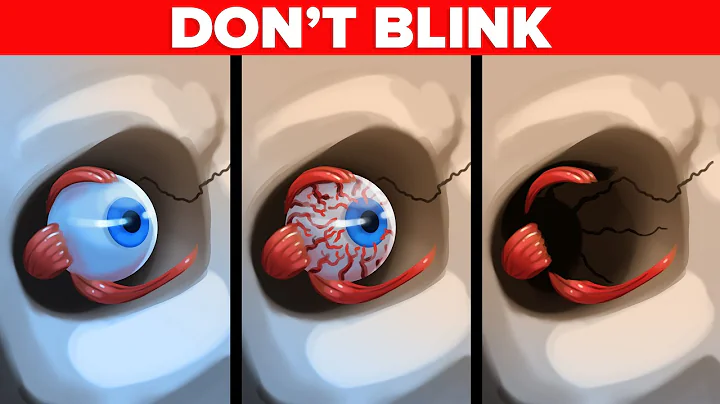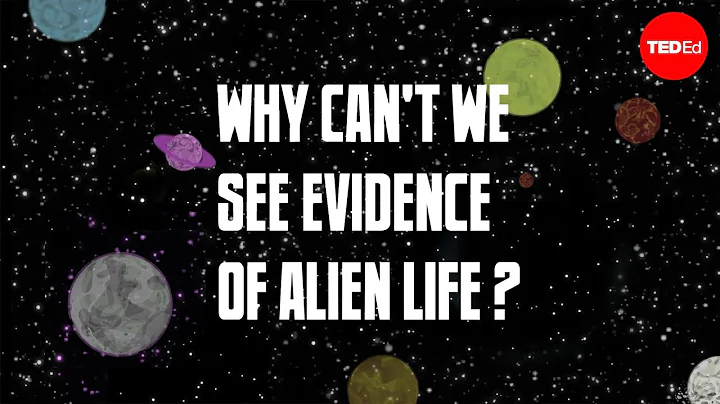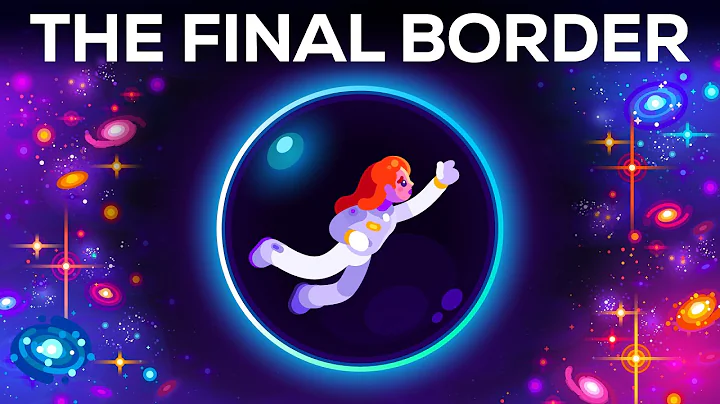Would you like to know what you would find if you visited the universe next door? Will you meet your own evil twin? Could
be a life form that has never evolved on earth?
If you could switch between different universes at will, what novel possibilities could you discover?
The truth is emerging. Now we're answering this particular question: What would happen if you could travel to the multiverse and ?
Will you be fascinated by the truth? Will you always be curious?

Believers in the multiverse believe that the universe is not one but one of many. There are various explanations for how and why these universes formed. The explanation of models such as
is that there are countless universes around us, all existing in independent space-time bubbles.
Another explanation is that reality itself is constantly dividing, and people are constantly assuming new multiverses, resulting in the creation of a multi-layered cosmic web system.
So there is also a view that our universe is just one of many computer models, and each model is almost the same.
But the common point is that life and the universe are not all. If you really have the ability, you can travel freely between all realities and experience endless possibilities.

Let's start with a common question: Does this mean you have an evil twin?
If there is an evil twin that interests you, then this is good news.
Most models of the multiverse suggest that you will live an infinite number of lives in an infinite number of identities. Some are very similar, and some are far apart.
So, throughout the multiverse, there will be many twins, which we call "infinite variations." And the concept of "evil" is difficult to define scientifically, but if you have enough variations, it's almost certain that at least a few of these strange variations are fools.
But if you're not attracted to the idea of meeting a twisted version of yourself, that's reasonable. As you explore the entire multiverse, you'll have at least one choice.

Instead, perhaps you can take a trip and see a possible development in your life in a different but less destructive way.
Maybe you become an athlete and beat the entire league.
Maybe you become a masked police officer, an unprecedented genius, a national hero, or the founder of your own country.
Theoretically, if we have a way to travel to enough universes, then in these worlds, you can do anything that is humanly possible.

So, take your pick. To some extent, more than one idea fits the most popular scientific explanation of the multiverse... and is the inspiration for classic scenes in science fiction.
(a theory is introduced below) Many Worlds Interpretation in Quantum Mechanics (MWI). There's some important science involved here, but it starts with a fairly simple question: Are photons waves or particles? The tricky thing is that light has both wave and particle properties (i.e. wave-particle duality ; e.g. diffraction; photoelectric effect )... until you go (check) and observe. In Quantum Physics this is called non-superposition (: the ability of a quantum system to be in multiple states simultaneously before being measured). Particles behave as if they exist in all possible states at once, and when you start observing them, they suddenly commit (or collapse) into one state (wave/particle). Scientists have been debating why for about a century...but the idea we're most interested in today emerged in the 1950s when Hugh Everett III proposed that superposition is not a collapse (not at all). You know what you want to do; the wiki shows that this boss believes that "it is assumed that the wave function will never collapse, and all possibilities of quantum superposition are objectively real").

On the contrary, he proposed that photons still exist in two states at the same time, but in two independent universes.The results we get from our inspections or observations are just the results that let us know which universe we ultimately observed. But here's where things get weird - according to some explanations, our entire main universe exhibits the same mechanism as particles under quantum . Therefore, if Everett is right, then every physically possible arrangement of particles in the universe corresponds to a new universe. (That is, the entire arrangement of particles corresponds to the same number of universes; intuitively, this is a misunderstanding of Everett's MWI, and a random version of the civilian inference! But I am an accusation without evidence)...This means a random event based on A new world, such as the result of every coin toss, every decision (given a random number seed).
(Similarly, the random number seed of the universe is also determined and can be determined from) the electrons in every atom in every star. Since ancient times. It turns out there's more to the multiverse than just a few evil companions. At this stage, obviously, the multiverse has not yet been proven. But if it does exist and really operates according to the above mechanism, then traveling through the multiverse will eventually be verified, and this verification is trivial. (This seems to be a bold conjecture of civilian science? A wanton inference on the night when comet came? Even if the multiverse is proven, how can "trivial" prove that the boundaries can be broken?) Yes, you will be able to travel into parallel worlds. No "Universal Observer" to ask, but many parallel worlds are very similar to your universe... because the later a parallel world branches off from your main world's random number seed on the random tree, the more it resembles your main universe. .
Billions of parallel universes will truly have the same function except for one point. That extra point is the instantaneous state change of a particle in the infinite space. So, it's impossible to distinguish there from your main universe, unless you meet yourself there... which may be the decisive clue.

However, the further away from the current world, the more obvious the changes will be. The changes you notice first may impact how you live in the world. What if the particles change their arrangement and you eat muffins instead of oats this morning, or your hair is brown instead of blond, or you live in a completely unfamiliar country? Next question: Just like the point of view of "evil doppelgänger" (a doppelgänger that is exactly the same as yourself and has the same abilities; but with opposite personalities and values), are your many doubles really you? Are you responsible for the actions of your stand-in? If a substitute does charity, does this generosity also belong to you? If the double breaks the law, are you responsible? The more fundamental question is, what happens if your stand-in dies? In response to this problem, Professor Tegmark of MIT conducted a detailed investigation and proposed the "quantum suicide" theory.

Whether you’ve had a close call with death, nearly been hit by a truck while walking down the street, or escaped unscathed after falling off a ladder, you may have been fine after experiencing these things, but according to Tegmark’s “quantum suicide” theory , your double will not be as lucky as you to still be alive. He believes that whenever you experience a life or death crisis, in many other parallel worlds, you have two possibilities: life or death. So is he alive or dead? If you enter the multiverse, that means there are countless alternate realities where you never existed. In the multiverse, you can disappear from a tomb in one world and arrive in a parallel world. Of course this is a huge shock to your family and friends. On the one hand, in the multiverse, as long as there is still a chance of survival, then you must still be alive in one of the parallel worlds. So, there are some benefits to the multiverse.
But there's more than just ourselves involved in the parallel universe. Parallel worlds separated from our real world will bring about bigger, wider and more fundamental changes. At present, how to reach the multiverse has become the boldest imagination. From a macro perspective, you may find a variety of completely different life forms in many parallel worlds, or there may be no life in parallel worlds at all.You might reach a never-ending ice age, set foot on a snowy tundra, fight tigers and wolves, or reach a world where even the dinosaurs never became extinct.

In any multiverse reality, humanity is still evolving on Earth, although, you can see another outcome after every major event in human history. Germany won World War I, or the Aztecs became a global superpower, or things like the Internet, electric cars, and space travel emerged at an earlier time. However, this idea of alternate histories raises some controversial philosophical questions, because if the multiverse is real, does it all really matter? Do our choices matter?
Why bother with this, or what if there was another world out there that would prevent climate change? The same feeling goes for smaller things, why go to work, bake a nice cake, or get out of bed? Why do anything if you do everything with the intention of canceling somewhere else? This question will make you easily spiral into despair, nihilism, or madness... Here, access to the multiverse becomes the biggest burden. Of course, a more positive approach is to acknowledge what you are doing here, to acknowledge whatever level of the multiverse you currently exist on.
Do you want to live in a world where you stand by and let an authoritarian regime take over? Or is it just allowing global warming to get out of hand? Or would you rather stand up for your rights and interests? This choice, in every version of reality, is up to you. Travel far enough away from our own world, though, that the most fundamental aspects of our reality, even the laws of physics, can disappear. Compared to the history of this universe, Earth and life as we know it are relatively recent developments. Between the Big Bang and the earliest known life on this planet, there were approximately ten billion years of formation of galaxies, stars, and billions of other planets.
It would take a lot of time and a lot of particle-particle interactions to split into different universes, and in most universes, the humble Earth simply didn't happen. According to the Earth-differentiation hypothesis, the chances of life forming are extremely slim, but if the multiverse is real, we suddenly have a lens through which to explore exactly how unlikely our existence is. On the other hand, through the multiverse, we will have ways to make our continued existence much more likely - purely because it will provide us with endless opportunities.

Whenever our resources are exhausted, there will always be a real world that is close to us but has more resources. If we could bring resources from that world into ours, we would have access to endless supply channels. The problem is that the multiverse is filled with replicas of ourselves who encounter similar difficulties and want the same solutions as we do. In the near future, wars will most likely break out between multiverses that are open to each other, and soldiers on the battlefield will fight bloody battles with themselves in different worlds but exactly the same. This phenomenon will occur in countless real worlds. Happens endlessly. Obviously this is not what we want, and it would lead to many meaningless worlds - worlds that are constantly changing but without humans.
So we hope to find a mutually shared method as an alternative. The multiverse, according to all theories, is unfathomably huge. For everyone, even a lifetime of exploration is just a drop in the ocean. But if you can find even a small part of it, you have the potential to gain more knowledge, travel, and resources than anyone else in history. You might be able to solve all of the world's problems, or even create more new ones. Or discover an interesting place where everything is exactly the same, even though it will be purple trees, red penguins , and flying pigs! In some worlds, this image does not exist... Of course, fortunately, you are in a world that has images.And all of the above may happen if you find a way to enter the multiverse.
The multiverse is a hypothetical collection of multiple universes. These universes all have the same components: complete space, time, matter, energy, information, as well as the physical laws and constants used to interpret them. The different universes within the multiverse are called "parallel universes", "other universes", "alternative universes", or "multiverses".

The early recorded thoughts about the infinite universe appeared in the ancient German atomic theory philosophical system, which advocated that infinite parallel worlds were produced by the collision of atoms. In the third century BC, the philosopher Chrysippus believed that the world was in eternal death and rebirth, effectively revealing the multiverse of time and space. The definition of the multiverse became clearer in the Middle Ages
American philosopher and physicist William James used the term "multiverse" in 1895, but in a different context.
In a speech in Dublin in 1952, Erwin Schrödinger humorously warned the audience that what he was about to say would be "ridiculous." He explained that his equation seemed to describe multiple different events that occurred "not as one possibility, but all at the same time." This type of duality is called a "superposition".
Fy: Lu Sanzhen, zxy, Xixiluo, Zhizhiberryberry, Altair at Infinity





















